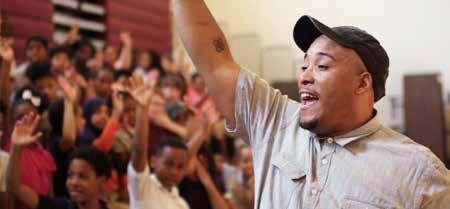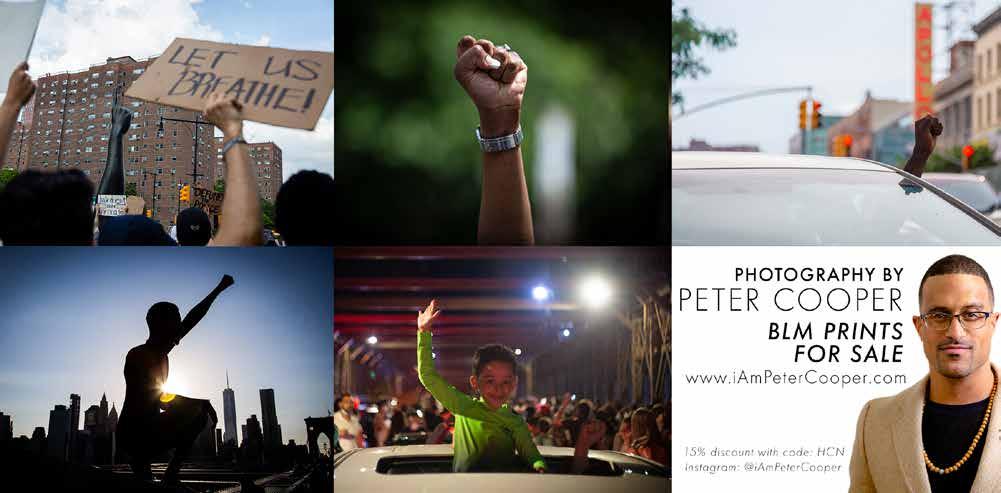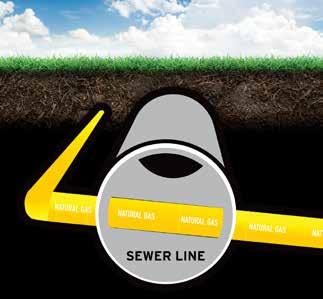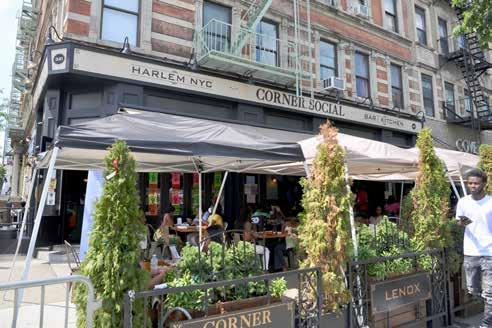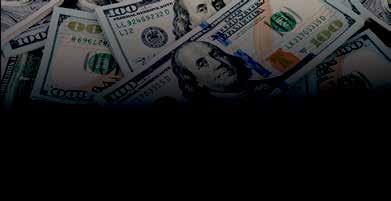
3 minute read
Urbanology
HARLEM COMMUNITY NEWSPAPERS URBANOLOGY Harlem’s First Mobile Barbershop
By: W.A.Rogers “N ecessity is the mother of inven tion”: is a familiar saying and a reason many of the inventions that we appreciate today were invented by people of African descent. During slavery and the Jim Crow era, hard work with little to no pay created the motivation to make work easier. It was the foundation of hundreds of inventions that were never credited to the real inventors.
Advertisement
When the U. S. Patent Office was created in 1836, many Afri can American inventions were stolen or purchased for small sums of money. These inventions have made millions and still are popular household appliances: the clothes drier, the mop, the mailbox, and the ironing board to name a few. If it wasn’t for Henry Baker, who worked in the U.S. Patent office from the late 1800’s to the early 1900’s, we would have never known about the numerous African American patents. Slave masters did not work, many of the inventions that made work easier was invented by the African slave. Henry Baker made a mark next to all the U.S. patents awarded to African Americans. His work is now recorded in what is called the Henry Baker Papers. This creativity still exists today.
Linwood Dillard III created the first Harlem Mobile Barber shop. A lifelong resident of Harlem Linwood, like many young African American males with an entrepreneurial spirit but no eco nomic opportunity, became an illegitimate capitalist. In 2005, he was arrested for selling narcotics and was sentenced to a one-year prison term. After his release, he made a vow to never return.
Dillard decided to become a master barber and in time be came a partner in the Design Line storefront barbershop, located in Central Harlem on Malcolm X Boulevard. After five years of a successful business, the rent sky rocketed by 143% from $3,500 to $8,500 per month. This put the barbershop out of business.
After losing the barbershop and going through periods of being homeless, and commercial real estate in Harlem continued to make it almost impossible to survive, Linwood followed in the foot steps of his ancestors who used necessity as a motivating foundation for creativity.
Linwood saved his money and purchased a used Ford E-350 van. He installed wooden floors, a music system, and a barber’s chair. He bought a used generator to operate his clippers and other electronics. The old generator was noisy making many people in the neighborhoods he traveled to complain.
He eventually installed so lar panels on the roof of the van which reduced energy cost and noise. The engine died in the van and it became stationary on 128th street and Malcolm X Blvd.
When COVID-19 closed most barbershops, Linwood’s business grew. His loyal custom ers plus many new customers including myself. With only one chair and an online reservation system, Linwood was able to meet the requirements to become a certified COVID-19 business.
The boom in business helped Linwood purchase a second van and the grand opening for the second mobile barbershop will be on August 16th from 4:00pm to 8pm. The location will still be at 128th street and Malcolm X Blvd.
The best way to sched ule an appointment and learn about services for both men and women is to call 929 270-7769 between now and August 16th. You can also follow the mobile barber on Instagram (@dabar bergodd).
Emily Dominquez, Lin wood’s business manager, informed me that Linwood will have two barber chairs in the new van. Linwood will work on mak ing the first van mobile again to resume bringing the mobile bar bershop to your door in Manhattan and the Bronx with plans for expansion into other boroughs in the future.
Linwood Dillard III is fol lowing in a century’s old tradition of individuals of African descent who created inventions and ini tiatives to improve the quality of life. Most people are not aware of these creative individuals. I suggest you research the Henry Baker papers; you will be sur prised at what you learn. I also recommend visiting Harlem’s first Mobile Barbershop: a fine example of why necessity is con sidered the mother of invention.
Answers to Puzzle on page 20
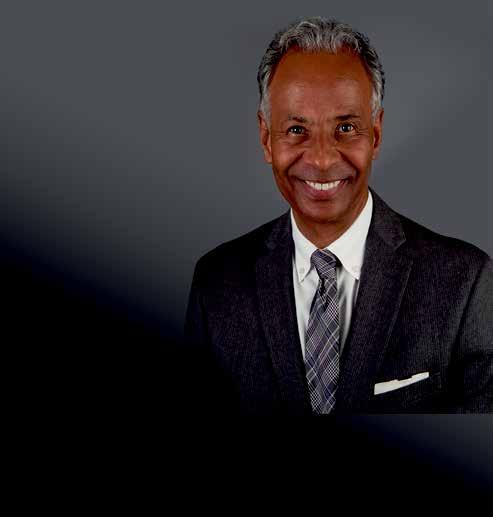
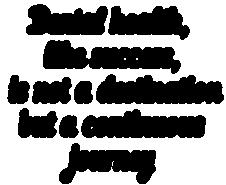
Dr. George Williams



